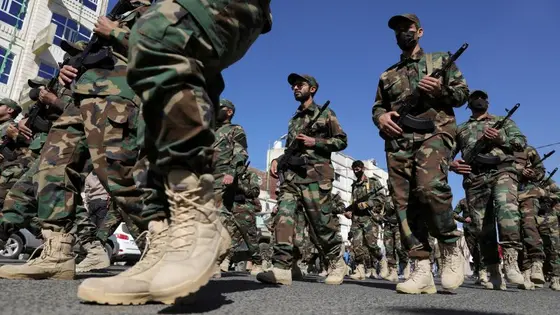T4K3.news
Lebanon avoids foreign armed groups under state control
President Aoun reaffirms Lebanon will keep arms under state sovereignty amid Iran backed opposition.
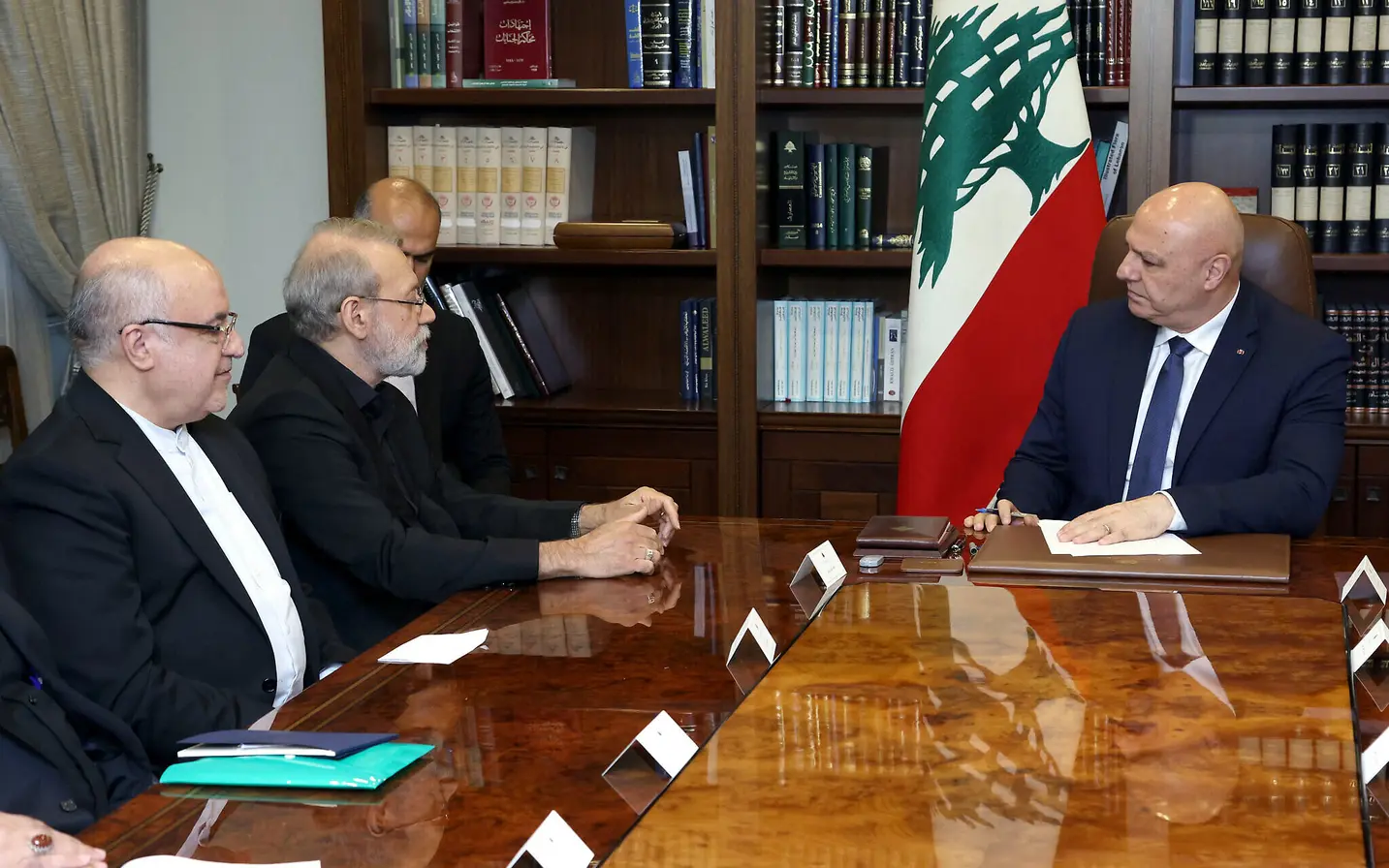
Lebanon asserts sovereignty over arms while facing Iran backed opposition to disarmament and a US backed roadmap.
Openly defying Iran Lebanon's Aoun says no armed groups allowed in country
Lebanon's president Joseph Aoun told a senior Iranian official in Beirut that no group in the country may bear arms or rely on foreign backing. The meeting with Ali Larijani followed the cabinet's approval of a US backed plan to disarm the Iran aligned Hezbollah, in line with UN Security Council Resolution 1701. Aoun warned against foreign interference and said any friendship with Iran must involve all Lebanese, not just one faction.
Larijani pledged continued support for Lebanon while signaling Tehran's opposition to disarmament and a preference to keep influence intact. The wider backdrop includes Hezbollah's shrinking grip since the Israel Gaza conflict intensified and a government move to establish a state monopoly on arms, challenging the group’s role in political life. The discussion underscores a broader regional struggle over security arrangements and foreign backing inside Lebanon.
Key Takeaways
"It is forbidden for anyone to bear arms and to use foreign backing as leverage."
Aoun during the Beirut meeting with Larijani
"The friendship we seek with Iran must be with all Lebanese, not through one sect."
Aoun on the nature of Lebanon Iran ties
"We reject any interference in our internal affairs."
Aoun response to Iranian involvement
"If the Lebanese people are suffering we in Iran will feel this pain and stand by Lebanon in all circumstances."
Larijani remarks after arrival
The visit exposes a core tension between sovereignty and regional influence. Lebanon seeks to assert control over arms through state institutions, while Iran and Hezbollah push back against disarmament and push for continued influence. The United States backed roadmap aims to reduce Iran's footprint in Lebanon but risks inflaming domestic factions and provoking a backlash from Hezbollah allies.
The risk is high. If Beirut cannot curb external influence while maintaining stability, the country could see renewed tensions or political paralysis. The disarmament plan tests Lebanon's capacity to balance regional pressure with a fragile coalition and a still volatile security landscape in the region.
Highlights
- It is forbidden for anyone to bear arms and to use foreign backing as leverage
- The friendship we seek with Iran must be with all Lebanese not through one sect
- We reject any interference in our internal affairs
- If the Lebanese people are suffering we in Iran will feel this pain and stand by Lebanon in all circumstances
Disarmament plan risks political backlash in Lebanon
The push to disarm Hezbollah faces domestic resistance and could strain Lebanon's relations with Iran and other allies. The situation raises concerns about stability and the ability of Beirut to manage foreign influence.
Sovereignty in a fragile security map is a test for Lebanon
Enjoyed this? Let your friends know!
Related News

Trump signals peace talks with Russia ahead of Alaska summit

Russia Builds a Wartime Edge

Kremlin presses Donetsk surrender in ceasefire offer
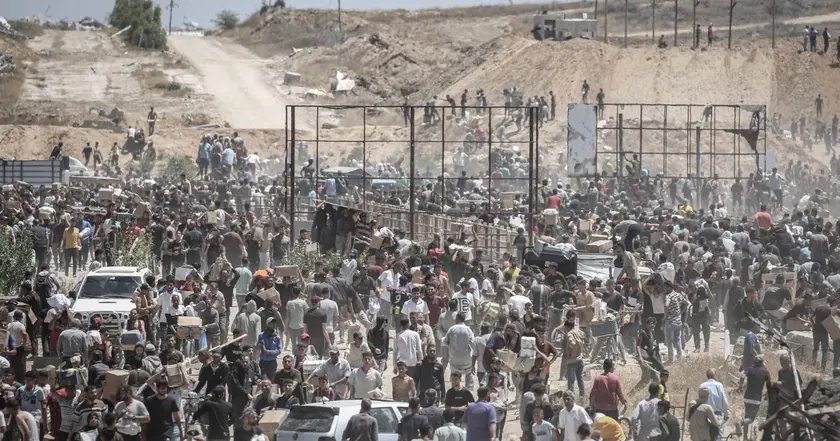
Israeli Forces Face Allegations of War Crimes

Putin's ceasefire demands test Western unity
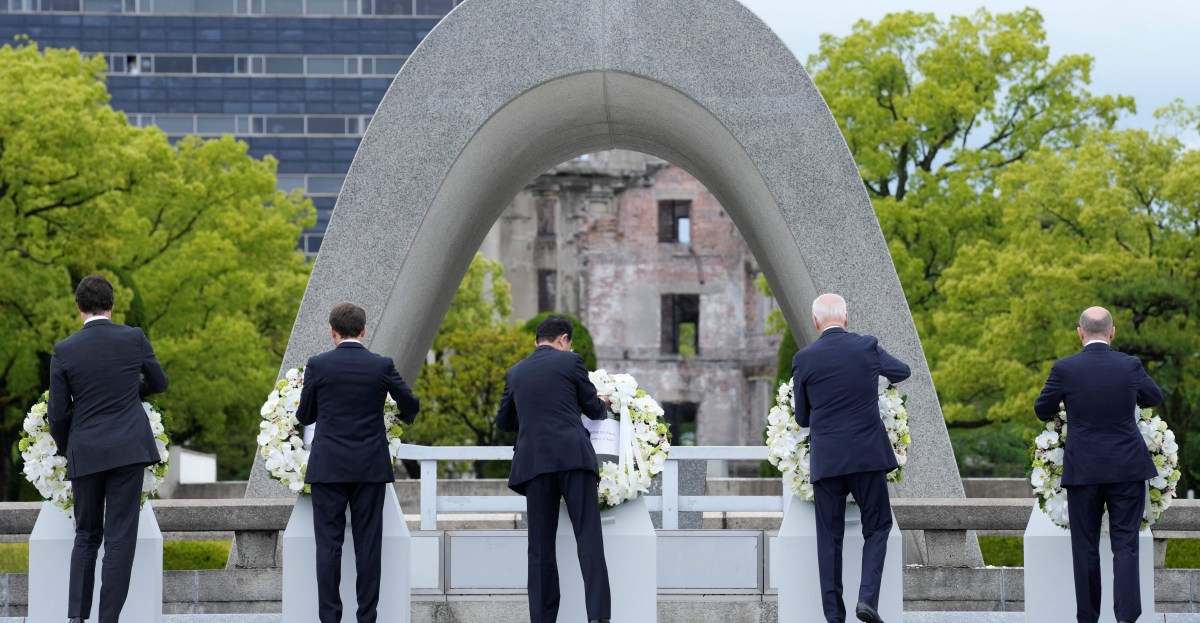
World marks Hiroshima anniversary with renewed nuclear fears
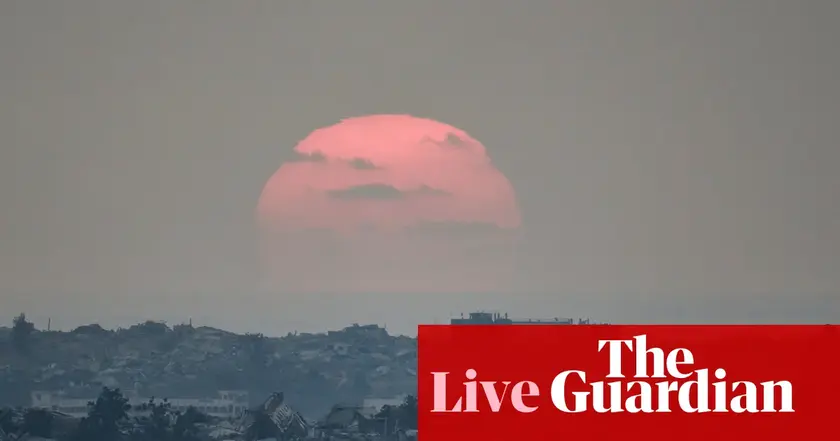
Gaza City plan triggers international backlash
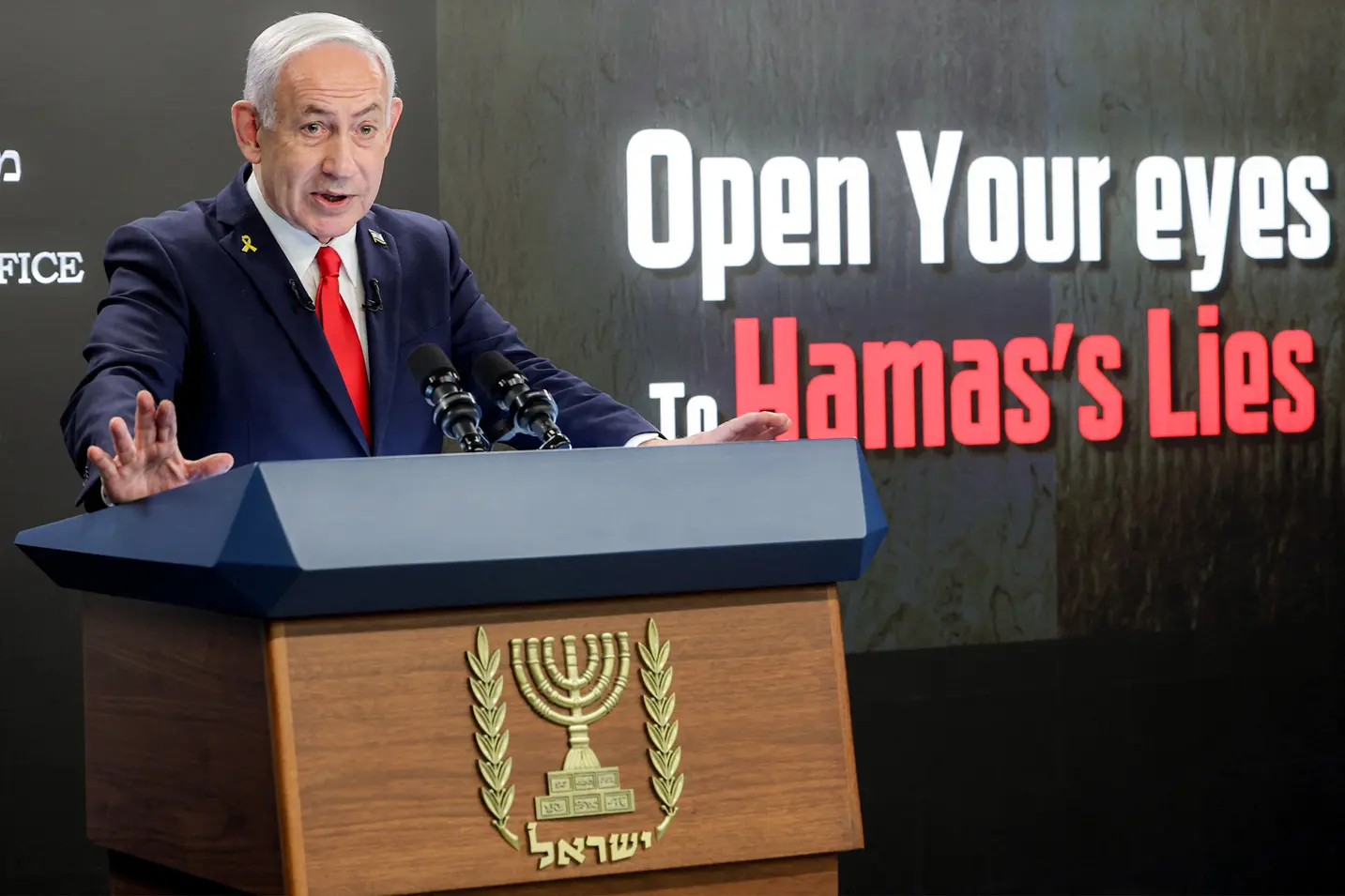
Israel outlines plan to free Gaza from Hamas
